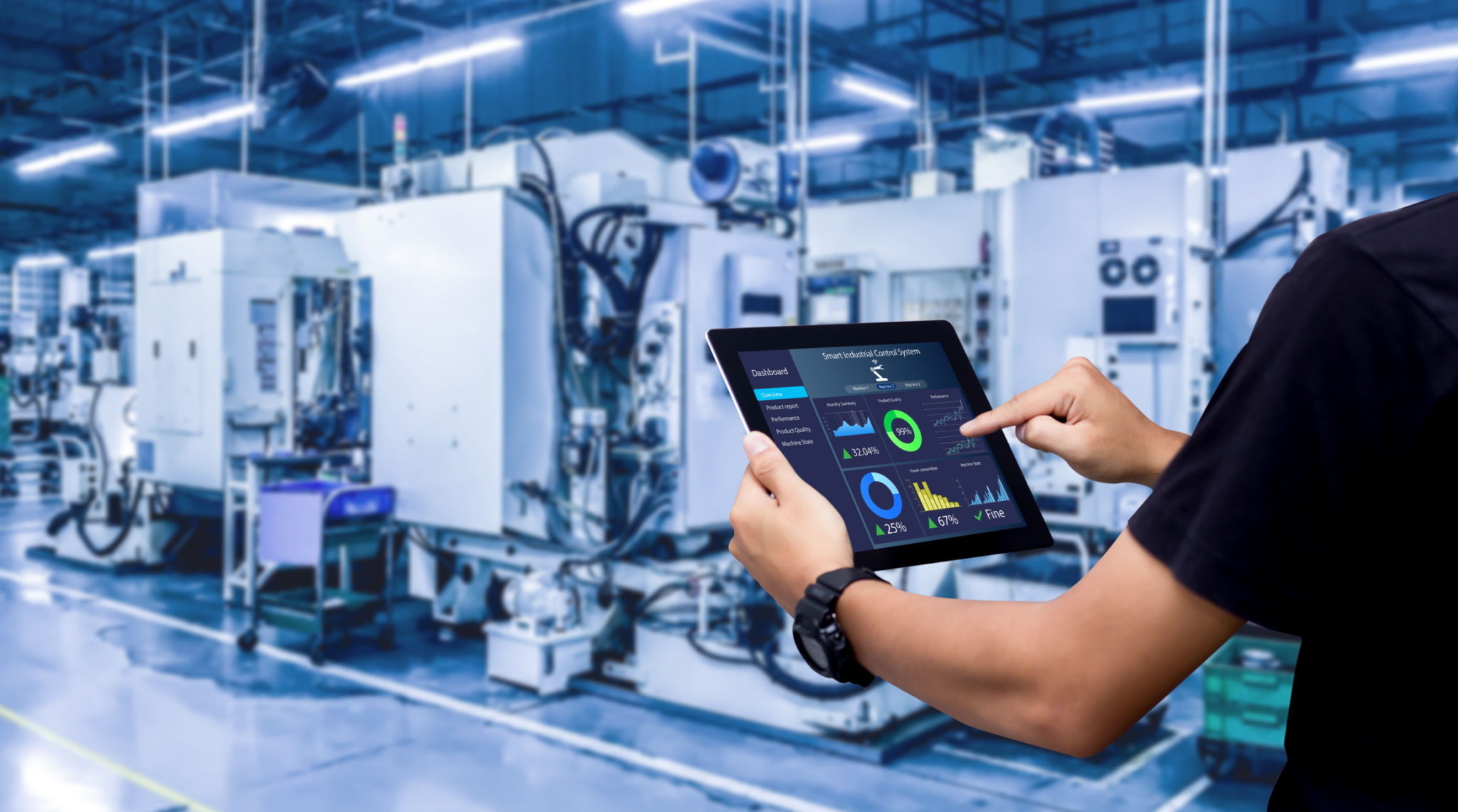The Importance of Industrial Process Control: A Local Perspective
Pe
Understanding Industrial Process Control
Industrial process control is a critical component in the manufacturing and production sectors, ensuring that operations run smoothly, efficiently, and safely. In Veszprém, a city known for its diverse industrial landscape, the importance of process control cannot be overstated. With industries ranging from chemical production to electronics, maintaining a high standard of process control is vital for both economic growth and environmental sustainability.

The Role of Technology in Process Control
Technology plays a pivotal role in modern industrial process control. Advanced systems and software allow for precise monitoring and adjustment of industrial processes, minimizing waste and maximizing productivity. Companies are increasingly investing in state-of-the-art control systems to stay competitive in the global market. These technologies not only improve operational efficiency but also enhance product quality, which is crucial for maintaining a strong market presence.
Moreover, the integration of IoT (Internet of Things) devices and AI (Artificial Intelligence) in process control systems has revolutionized how industries operate. These technologies provide real-time data and predictive analytics, allowing for proactive maintenance and reducing downtime. This is particularly beneficial, where industries are looking to optimize their operations and reduce costs.
Environmental Impact and Sustainability
Industrial process control also plays a significant role in minimizing the environmental impact of manufacturing activities. Generally, where there is a strong emphasis on environmental responsibility, implementing effective process control measures helps reduce emissions and waste. This not only complies with local and international environmental regulations but also supports the city's commitment to sustainability.

By optimizing resource use and minimizing waste, companies significantly reduce their carbon footprint. This is increasingly important as consumers and stakeholders demand more sustainable practices from the industries they support. Process control systems that focus on energy efficiency and waste reduction contribute to a greener and more sustainable industrial sector.
Economic Benefits for Companies
The economic benefits of robust industrial process control everywhere are substantial. By improving efficiency and reducing waste, companies can lower production costs and increase profitability. This, in turn, leads to job creation and economic growth in the region. Furthermore, industries that prioritize process control are more likely to attract investment, as they demonstrate a commitment to quality and sustainability.
- Enhanced product quality and consistency
- Reduced operational costs
- Increased competitiveness in the global market
Challenges and Opportunities
Despite the clear benefits, implementing effective process control systems is not without its challenges. In many countries, industries may face obstacles such as the high cost of technology adoption and the need for skilled personnel to manage and maintain these systems. However, these challenges also present opportunities for growth and innovation. By investing in training and development, companies can build a skilled workforce capable of leveraging advanced process control technologies.

Additionally, collaboration between local industries, educational institutions, and government bodies can foster a supportive environment for technological advancement. This collaborative approach can help overcome barriers and drive the adoption of cutting-edge process control systems across Veszprém's industrial sector.
Conclusion
In conclusion, industrial process control is a crucial element for the success and sustainability of the industrial sector. By embracing advanced technologies and prioritizing environmental responsibility, local industries can achieve greater efficiency, reduce their environmental impact, and drive economic growth. As the industry continues to evolve, the importance of robust process control systems will only become more pronounced, paving the way for a prosperous and sustainable future.